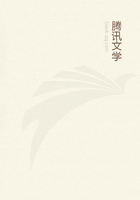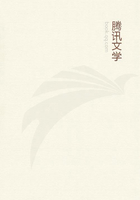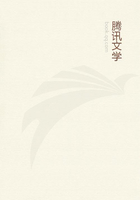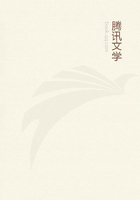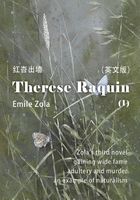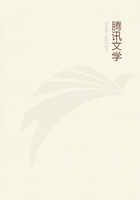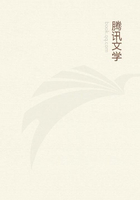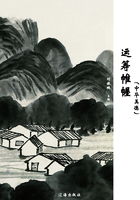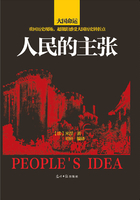Both of them were the outcome of his early training.The discussions at Grote's house had suggested to him the plan of a book upon logic.The end,speaking roughly,was to set forth articulately the theory of knowledge implicitly assumed in the writings of his school.Fully accepting the main principles of Bentham and James Mill,and regarding them as satisfactory,after close investigation,he had yet become aware of certain difficulties which might be solved by a more thorough inquiry.He was afterwards stimulated by the controversy between his father and Macaulay;and this led him,as he thought,to perceiving the true logical method of political philosophy.About 1832he took up the subject again,and tried to solve the 'great paradox of the discovery of new truths by general reasoning.'This led to his theory of the syllogism,given in the second book of his Logic.He now felt that he could produce a valuable work,and wrote the first book.He was stopped by fresh difficulties,and made a halt which lasted for five years.He,could make nothing satisfactory of induction.'In 1837,while weighted by the Review,he received a fresh impulse.Whewell's History of the Inductive Sciences and Herschel's Discourse on the Study of Natural Philosophy provided him with materials which had before been lacking.In two months,during intervals snatched from other works,he had written a third,'the most difficult third,'of the book.This included the remainder,of the doctrine of reasoning,and the greater part of the book upon induction.He had now 'untied all the really hard knots,'and completion was only a question of time.Comte's Philosophie Positive now became known to him and greatly stimulated him,though he owed little of definite result to it.In July and August 1838he managed to finish his third book;and his doctrine of,real kinds,enabled him to turn the difficulty which had caused the five years'halt.
Other chapters on,language and classification,and upon fallacies were added in the same autumn,and the remainder of the work in the summer and autumn of 1840.Finally,the whole book was rewritten between April 1841and the end of the year,much matter being introduced in the process which had been suggested by Whewell's Philosophy of the Inductive Sciences and by Comte's treatise.(48)He offered the finished book to Murray,who declined it;and it was finally accepted by Parker,who published it in the spring of 1843.
The significance of these dates will appear hereafter.It is here enough to say that the book was the product of strenuous,long-continued thought,and of influences from various quarters.
The success greatly exceeded his anticipations.No one since Locke had approached him in the power of making the problems of philosophy interesting to the laity.One remark which he makes is important.He held that the philosophy which he assailed was the great support of all deep-seated and antiquated prejudice.He was therefore attacking false philosophy in its stronghold;and so far as he succeeded,not merely exposing philosophic fallacies,but essentially contributing to the triumph of reason.Though retiring from active politics,he was elucidating the principles which underlie all political theory.
The Logic,in short,was intended not merely as a discussion of abstruse problems,but as indirectly bearing upon the purposes to which his life was devoted.He was led by the course of his speculation to propose the formation of a new science to be called 'ethology.'This ethology (of which I shall have to speak in its place)is described by Mill as the Science which corresponds to the Art of Education.(49)Education is to be taken in the widest sense of the word:as the training given by the whole system of institutions which mould the character and the thought of mankind.Mill had recognised the immense difficulties in the way of all his schemes of reform which resulted from the ignorance and stupidity of the classes to whom power was inevitably passing.Whether that transition would be beneficial or the reverse depended essentially upon the degree in which men could be prepared for their new duties.Believing that such a preparation was possible,he desired to determine the general principles applicable;to give,as he says,the science corresponding to the art.
This scheme is noticed in the remarkable correspondence with Comte,which began in 1841during the final stage of the composition of the Logic,and lasted until 1846.Some knowledge of Comte's doctrines was spreading in England.(50)Mill had read an early work of Comte's (the Trait?de Politique Positive,1822),and criticised it sharply in his letters to d'Eichthal in 1828,though preferring it to other works of the St.Simonians.
On taking up in 1837the two first volumes of Comte's Philosophie Positive (all then published),he had been deeply impressed;he read their successors,and in November 1841he wrote to Comte as an unknown admirer,and indeed in the tone of an ardent disciple.

